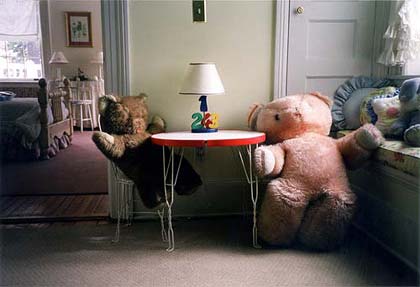The trouble with precision

A little vagueness helps us to live with differences of opinion and debate each other without too much savagery.
‘If I seem unduly clear to you,” former Federal Reserve Chairman Alan Greenspan once remarked, “you must have misunderstood what I said.”
As Kees van Deemter tells it in “Not Exactly,” Mr. Greenspan’s famous imprecision is simply the most advanced form of a syndrome that besets all of us. Our language is befogged with vagueness, by which Mr. van Deemter means that almost all words have “fuzzy” boundaries. Think of “short” and “tall.” We cannot say definitively where one ends and the other begins. Even words that seem models of precision are vague: Mr. van Deemter notes that “meter” is an inexact measurement term—the platinum bar regarded as the definitive meter turns out to have been mismeasured by about 0.00005 millimeters.
Vagueness, then, may be unavoidable. But is it a problem? Not according to Mr. van Deemter.
photo { Nicholas Lorden }


